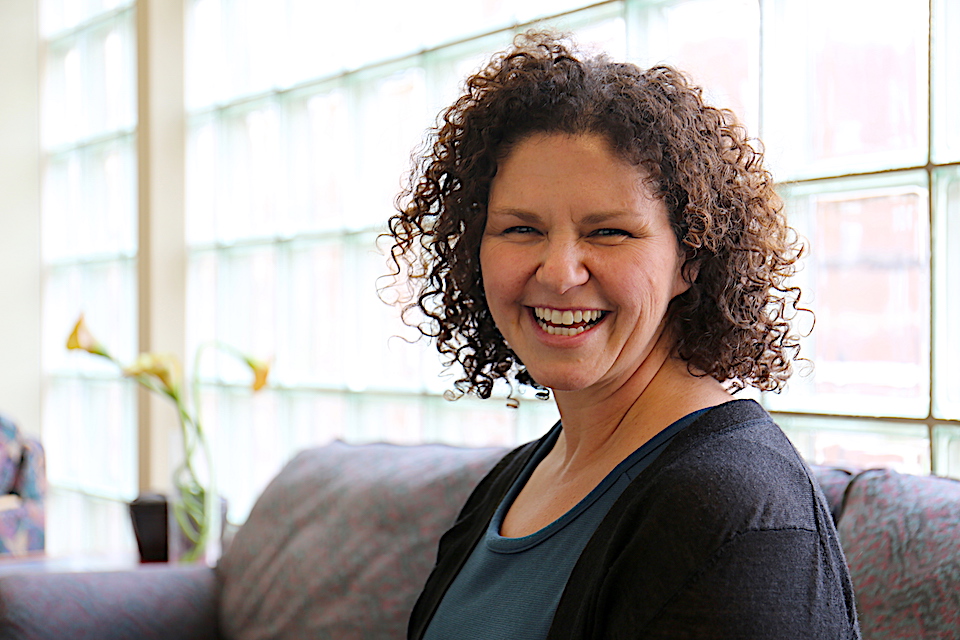SLU Research Finds Team-Based Interventions Key to Continued HIV Care
Despite tremendous advances in HIV treatment, the rates of new HIV infections have not changed in more than a decade. And, of the estimated 1.1 million people diagnosed with HIV in the United States, only 40% are engaged in care.
How do you re-engage and retain people who have dropped out of or never received care for an HIV infection?
Lead author Enbal Shacham, Ph.D., associate professor of behavioral science and health education at Saint Louis University’s College for Public Health and Social Justice, explored this question through the Barrier Elimination and Care Navigation Project, a five-year collaborative project in the Saint Louis metropolitan area that brought together: an HIV service organization, a city health department, an academic medical center, and a college for public health.
They found that individuals with HIV who had previous limited engagement in HIV care more often succeeded with a team-based approach consisting of intensive case management (including available emergency stabilization funds), peer navigation, and a community nurse.
The findings, “Enhancing Adherence to Care in the HIV Care Continuum: The Barrier Elimination and Care Navigation Project Evaluation,” were published June 2017 in AIDS and Behavior.
The paper’s co-authors are: Julia D. Lopez, Ph.D., Department of Behavioral Science and Health Education, Saint Louis University; Tawyna M. Brown, Ph.D., Department of Infectious Diseases, Washington University School of Medicine; and Kristen Tippit, B.A., and Ann Ritz, M.S.W, of Saint Louis Effort for AIDS.
About the College for Public Health and Social Justice
The Saint Louis University College for Public Health and Social Justice is the only
academic unit of its kind, studying social, environmental and physical influences
that together determine the health and well-being of people and communities.
It also is the only accredited school or college of public health among nearly 250 Catholic institutions of higher education in the United States. Guided by a mission of social justice and focus on finding innovative and collaborative solutions for complex health problems, the College offers nationally recognized programs in public health, social work, health administration, applied behavior analysis, and criminology and criminal justice.
